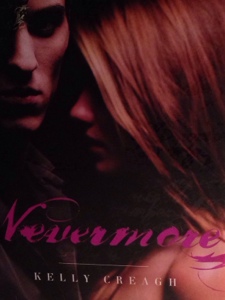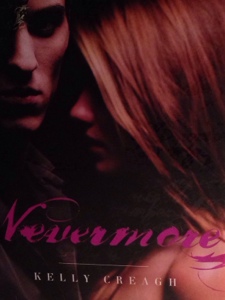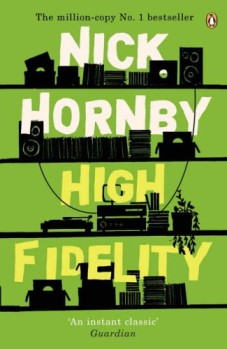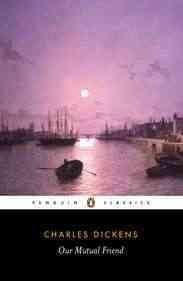
Nevermore was published in 2010 and I purchased it and devoured it immediately.
It is a story about a girl and a boy who are very different, and drawn to one another in spite of, perhaps because of, those differences.
It is also largely about supernatural forces at work and paranormal experiences , and these revolve around the boys interest and involvement with the works of Edgar Allen Poe, an American author who lived during the early nineteenth century. His writings and personal experiences with a dreamworld and the inhabitants thereof, directly affect the two main characters and ultimitely their families and friends as well.
For me however, and most readers I suspect, this book is about the relationship between a cheerleader with a functioning “normal” family, and a goth boy who lives a troubled life, for a myriad of reasons. Seemingly as different as night and day, sunshine and darkness, Isobel and Varen are drawn to one another. They are thrust into a situation neither can get out of, and so must work together, and this initial pairing leads to an attraction that neither can deny. It results in a string of actions and reactions by family and friends, and Varen’s foray into the dreamworld and its jealous inhabitants increases the dangers they’re already risking in the here and now.
Some book characters have a book chemistry that’s instantly recognizable. When it’s there it’s perfect. Nevermore features just such a pair. Every interaction with these two, no matter how brief, leaves the reader satisfied, and if not satisfied, then only because the reader wants more.
Ms Creagh also blends all the components of this story seamlessly. From the scenes at Varen and Isobel’s high school, to Isobel’s home life and mother, father, and unforgettable little brother, everything works. The same can be said of Varen. His car, music, appearance, and struggle to cope with his father’s harshness, ring true.
Pinfeathers…Noc noc… If you’ve read this book then you know my references, and if you haven’t then you have a lot to look forward to. Lilith awaits.
Nevermore is one of my top favorite books to be written in the last few years. It’s a “stand out from the crowd” kind of book. It has a pefect male protagonist, and the perfect foil to his character, in Isobel. Cheerleading, eyeliner, a fiesty new friend named Gwen, and a host of other happenings make it hard to put down. It is part of a trilogy, and the second book is available as well. It is entitled, “Enshadowed”. It continues Varen, Isobel, and company’s story. The third book, “Oblivion” is expected to be released in late summer 2014. I can’t wait to get my copy the moment it’s availible. If you haven’t read Nevermore, and Enshadowed, then you need to, right now. Happy reading to all, and I promise you wont be sorry.

 I started off the week with Nick Hornby’s collected essays about books, so it seems appropriate to end the week with one of Hornby’s novels.
High Fidelty
is my favorite, and I recently reread it in ebook form.
I started off the week with Nick Hornby’s collected essays about books, so it seems appropriate to end the week with one of Hornby’s novels.
High Fidelty
is my favorite, and I recently reread it in ebook form.


 I fell for bookish leading men long before I dared to express my feelings to any real-life ones. Relationships in my favorite novels taught me about relationships in general, especially in those impressionable teen years, and I feel like I’m a better reader — and person — because of it.
I fell for bookish leading men long before I dared to express my feelings to any real-life ones. Relationships in my favorite novels taught me about relationships in general, especially in those impressionable teen years, and I feel like I’m a better reader — and person — because of it.
